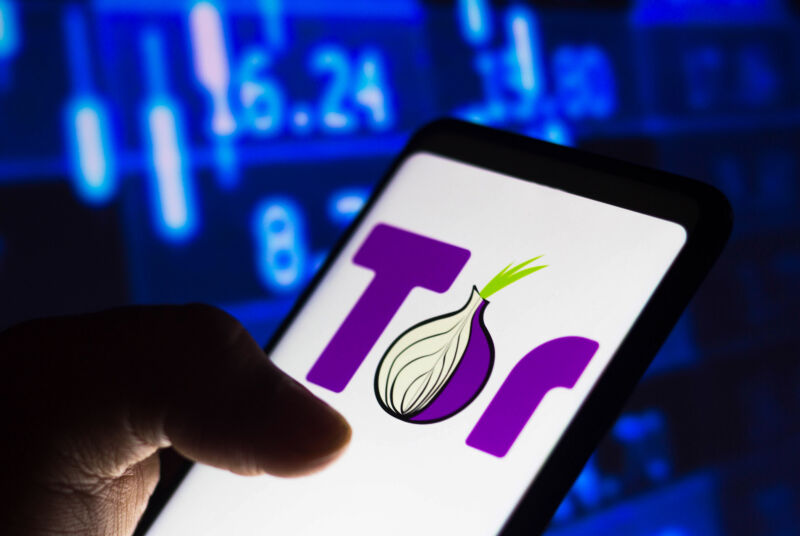How Tor is fighting—and beating—Russian censorship

Enlarge (credit: Rafael Henrique/SOPA Images/Getty)
For years, the anonymity service Tor has been the best way to stay private online and dodge web censorship. Much to the ire of governments and law enforcement agencies, Tor encrypts your web traffic and sends it through a chain of computers, making it very hard for people to track you online. Authoritarian governments see it as a particular threat to their longevity, and in recent months, Russia has stepped up its long-term ambition to block Tor-although not without a fight.
In December 2021, Russia's media regulator, Roskomnadzor, enacted a 4-year-old court order that allows it to order Internet service providers (ISPs) to block the Tor Project website, where the Tor Browser can be downloaded, and restrict access to its services. Since then, censors have been locked in a battle with Tor's technical team and users in Russia, who are pushing to keep the Tor network online and allow people to access the uncensored web, which is otherwise heavily restricted in the country.